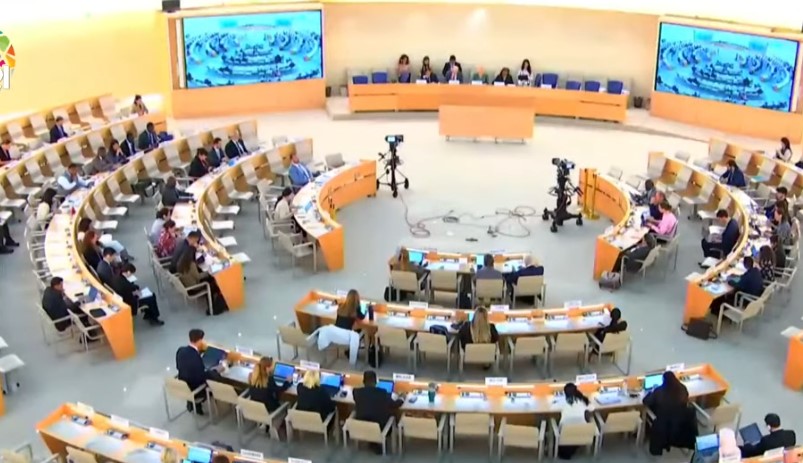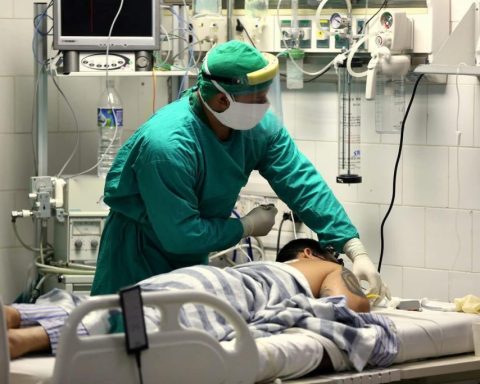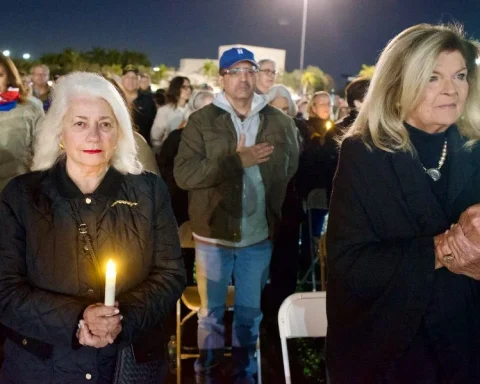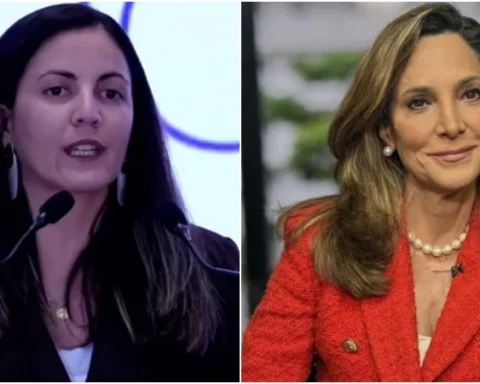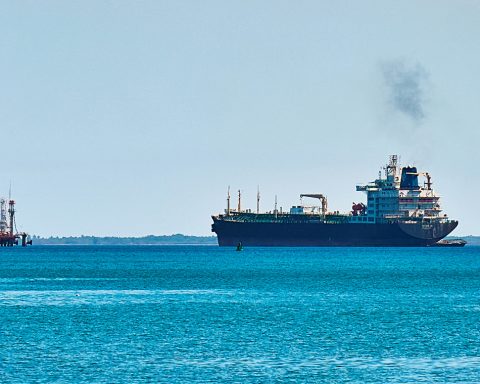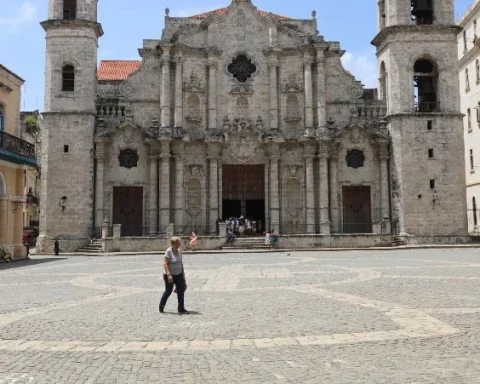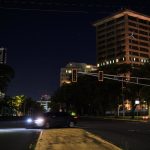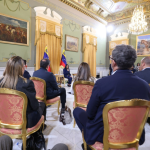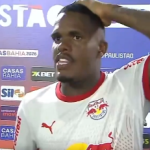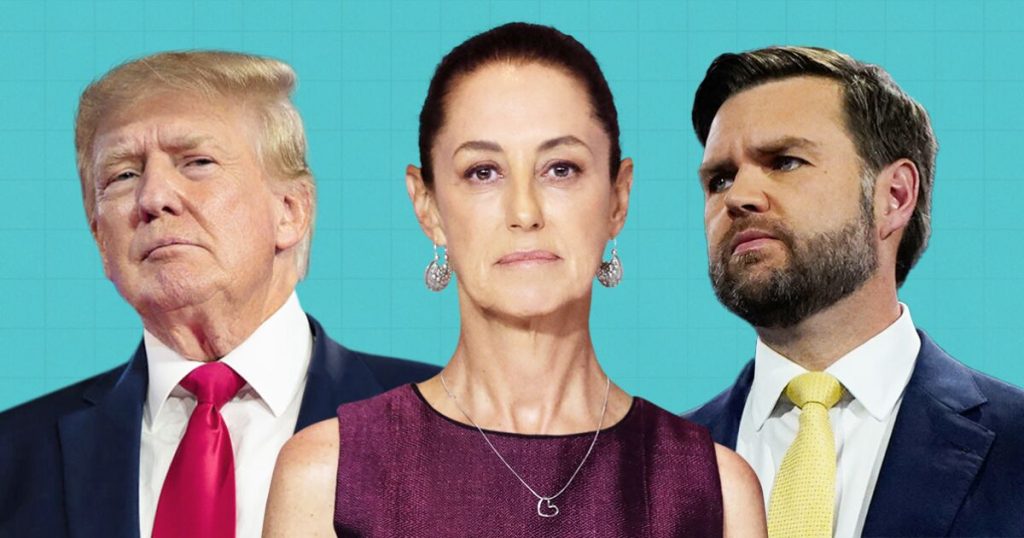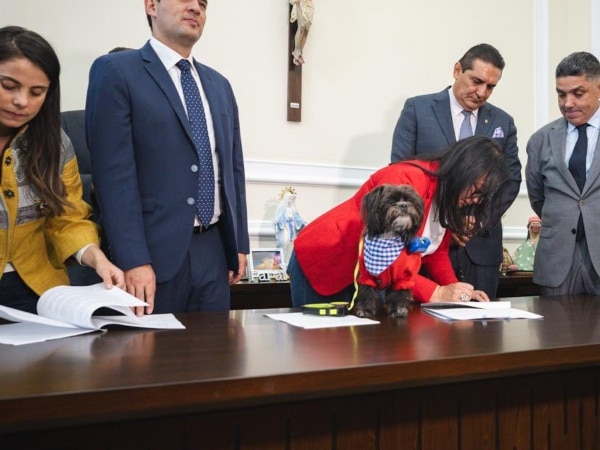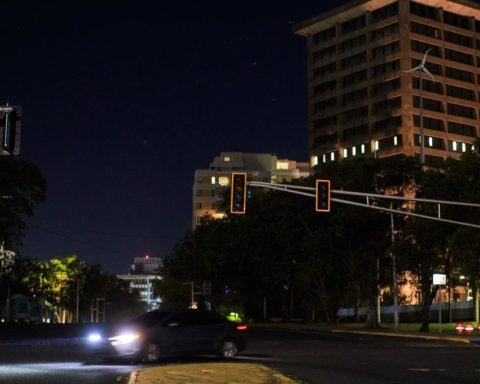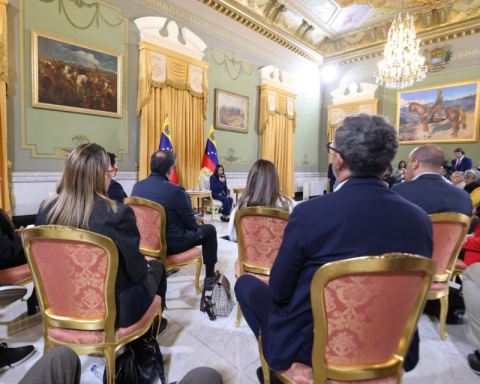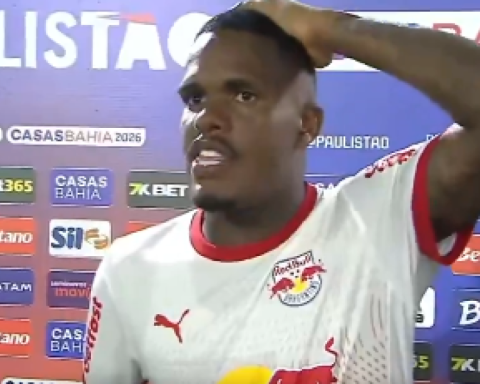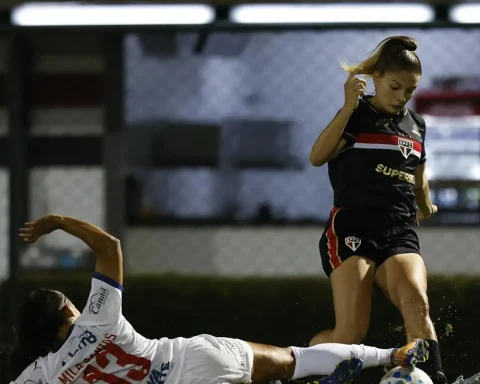BUENOS AIRES, Argentina.- Between June 18 and July 12, the United Nations’ principal intergovernmental human rights body, the Human Rights Council (HRC), held its 56th regular session. According to the common practice of the HRC, human rights situations requiring the Council’s attention are examined under the fourth item on the agenda. On this occasion, the session focused, among other topics, on the human rights situation in Argentina. Venezuela.
On July 3, the United Nations High Commissioner for Human Rights, Volker Türk, presented to the CDH your reportwhich sets out the latest developments (up to and including April 2024) relating to human rights, the rule of law and civic space in Venezuela. Mr. Türk’s presentation was followed by an interactive dialogue at the HRC, during which the representative of Venezuela exercised his right of reply and several States and Non-Governmental Organizations (NGOs) made statements.
With presidential elections looming in Venezuela on July 28, the continued restriction of civic space, coupled with systematic violations of fundamental rights, is especially worrying. Several surveys They indicate the will of the majority of the Venezuelan people to vote on July 28 for political change and for the candidate Edmundo González Urrutia of the opposition alliance Mesa de la Unidad Democrática, but it remains uncertain whether the Maduro government will accept a possible defeat at the polls.
So far, the electoral campaign has been neither fair nor free, given Maduro’s control over the National Electoral Council and much of the media, the exclusion from the elections of millions of Venezuelans living abroad, the 15-year political disqualification of the winner of the primaries of the opposition to Chavismo, María Corina Machado, and several arrests of people in opposition or perceived as such. This is part of the repressive structures warned by the Independent International Fact-Finding Mission on Venezuelawhich pursue the objectives of, in their most violent form, silencing opposing voices or generating an atmosphere of fear and intimidation. The reports of this mission, established in 2019, provided, among other sources, Reasons to believe that crimes against humanity have been committed in Venezuela, which motivated the opening of a investigation by the International Criminal CourtThe practice of the Venezuelan authorities of withholding information about the whereabouts of detainees or of keeping them incommunicado for long periods of time also amounts to the forced disappearancethus violating several human rights, not only of the detainees (the right to recognition as a person before the law, to security, and to be free from torture, among others), but also of their families.
The Venezuelan government, however, is not willing to listen to or accept these conclusions of independent international experts or the public statements of UN entities. When the Office of the High Commissioner publicly demanded the release of the human rights defender Rocio San Miguel, arbitrarily detained on February 9, 2024, the Venezuelan government suspended the mission of the Office of the High Commissioner and asked its staff to leave the country. his presentation before the CDHThe High Commissioner for Human Rights regretted this fact and assured that he will continue working to be able to fulfill the mandate in Venezuela.
Volker Türk stressed the importance of a free and open civic space for the free articulation of the will of the Venezuelan people in the elections. However, his office continued to receive reports of arbitrary arrests and noted an increase in intimidation and detentions of civil society actors, journalists and trade unionists. He also assessed the closure of at least ten radio stations and the blocking of at least 50 websites since May 2023 as undue restrictions on freedom of expression. Mr. Türk called on the Venezuelan government to refrain from adopting laws that could restrict the right to participate in public affairs, free association and freedom of expression. This was in reference to the debate on a bill that seeks to control and regulate NGOs and their sources of funding, and the law against fascism that is based on imprecise definitions of fascism and neo-fascism, thus allowing the penalization of any manifestation of opposition to the government.
It is illustrative of the reaction of the Venezuelan representative to the CDH that he repeats this reference to the “fascist opposition” already in the first sentence of his speechSpecifically, the delegate of the Bolivarian Republic called the High Commissioner’s report “a propaganda pamphlet” […] written to encourage the fascist opposition in Venezuela; some of them are in this room, right here behind us.” Behind him sat Leopoldo Lopezan opposition leader and political prisoner in Venezuela after being held responsible for the violent excesses of the mass demonstrations in February 2014, who is now exiled in Spain and repeatedly expressed his disagreement with the speech of the Venezuelan government representative before the CDH by shaking his head. He, on the other hand, seemed agitated and indignant about the High Commissioner’s report, blaming all of Venezuela’s ills on foreign forces (especially the US) and imposed sanctions, and questioning whether the government will cooperate again with the Office of the High Commissioner.
Venezuela does not recognise either the High Commissioner’s report or the claims of violations of civil and political rights. According to the Venezuelan representative, doubts about the democratic quality of the upcoming Venezuelan elections were also part of a propaganda campaign from abroad, which the Venezuelan people will be able to unmask when voting (for Chavismo). Regarding social and cultural rights, specifically the High Commissioner’s call for the Venezuelan government to address the precarious situation of the health and education systems and to combat food insecurity, the Venezuelan official’s speech ignored.
The interactive dialogue at the CDH, following the report of the High Commissioner for Human Rights on the human rights situation in Venezuela, once again exposed the autocratic actions of the Venezuelan State and its intolerance towards critical voices. A position, by the way, in which it was supported by Cuba, Iran, Russia, Syria, North Korea and other dictatorships with deplorable human rights records. However, as Volker Türk explained in his final comments from the interactive dialoguethe presence of its office in Venezuela (until its expulsion in February) had led to some encouraging developments, which shows that the international attention and demand for human rights are not in vain. In this regard, the request of several NGOs in Venezuela should be noted. his interventions to the CDH to ensure that the Council and the international community maintain a high level of vigilance in observing the presidential elections on 28 July, so that they can provide the Venezuelan people with an opportunity for democracy.
Collaboration by Dorothea Krueger, project assistant at CADAL.
OPINION ARTICLE
The opinions expressed in this article are the sole responsibility of the person issuing them and do not necessarily represent the opinion of CubaNet.
Follow our channel WhatsApp. Receive the information from CubaNet on your cell phone through Telegram.
